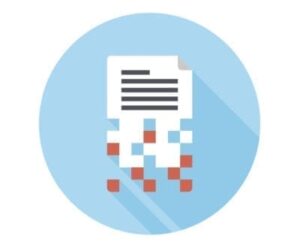iProov is entering the National Science Foundation’s (NSF) Convergence Accelerator in an effort to improve the quality of the information that people see online. To that end, the company will be leveraging its biometric liveness detection technology to help determine whether or not a document has been manipulated or altered before getting to the reader.

The NSF’s Convergence Accelerator was set up in 2019 to support the development of products that address practical issues in the real world. iProov will be participating in a Trust & Authenticity in Communications Systems track, as a member of a team that also includes the University of Washington and MATTR, which specializes in digital trust and data verification.
The NSF’s broader goal with the Communications track is to ensure that the content viewed online is legitimate. In doing so, the organization is hoping to combat the spread of misinformation and make it easier for people to distinguish fact from fiction on the internet.
iProov itself is best known for providing exactly those kinds of assurances for corporate and public sector clients. The company’s liveness detection solution can spot deepfakes and manipulated selfie images during a remote onboarding process, and guarantees that an end user is a real person rather than a fraudster. The NSF project would extend that utility to more run of the mill documents, so that the general public can identify forgeries and misleading info.
“We have witnessed the rapid and viral manner in which falsehoods spread across social platforms and networks and the damage they can cause in society,” said iProov CEO Andrew Bud. “This is a serious problem, and iProov’s Genuine Presence Assurance can help validate the legitimacy of information and those providing it.”
The Convergence Accelerator will provide the iProov team with funding to research their proposed solution. The trio will then make a formal pitch at the end of phase one. Those that make it to phase two will be eligible for up to $5 million in additional funding for a project that could last for as long as two years. Twenty-eight teams have been selected for phase one of the Accelerator.
–
October 27, 2021 – by Eric Weiss








Follow Us